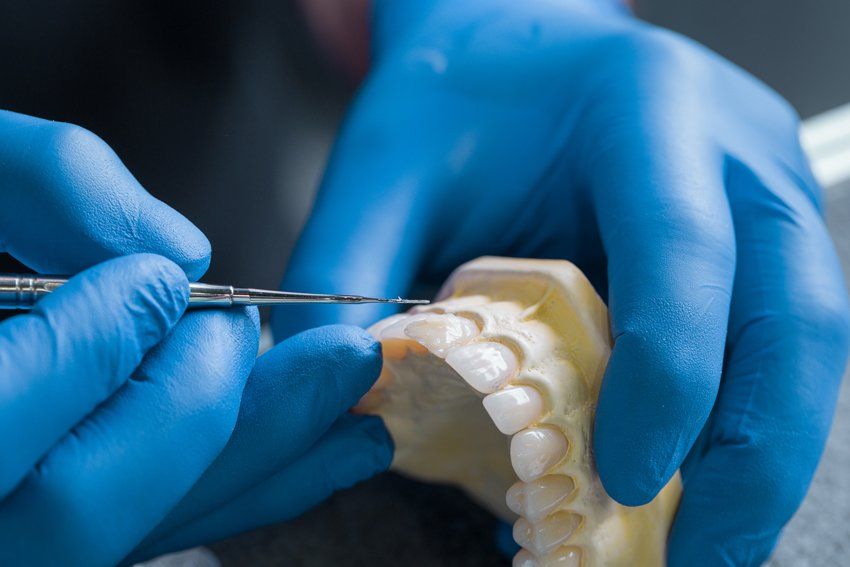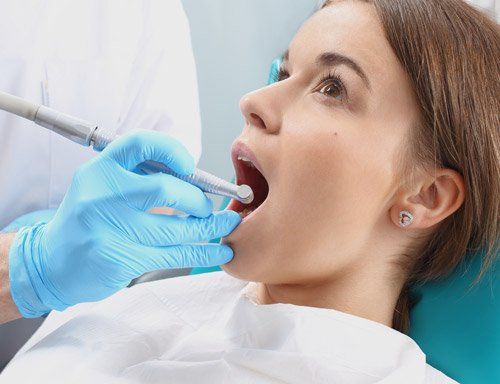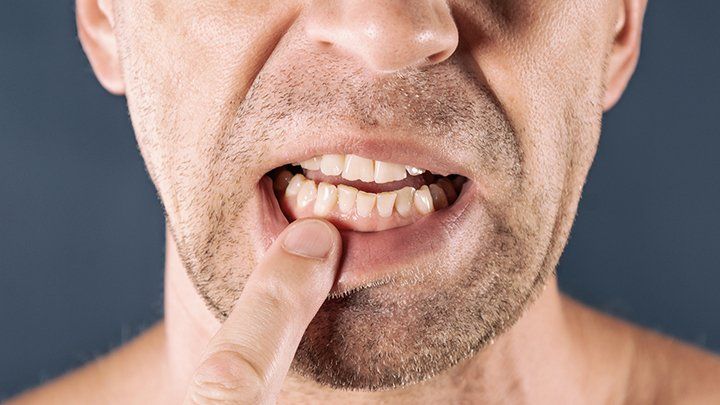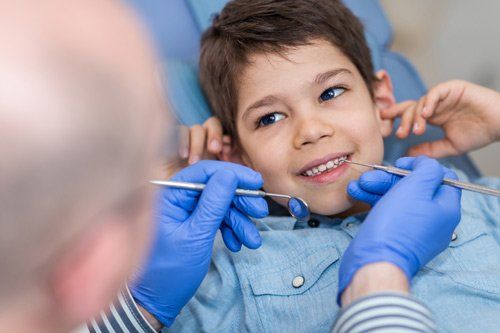Dental Emergency Do’s and Don'ts
- By Admin
- •
- 01 May, 2020
- •
A dental emergency can occur so quickly that you find yourself too stunned and upset to think clearly. Even so, a broken, missing, or acutely infected tooth may need a prompt, medically-sound response both from you and from your dentist.
In these kinds of situations, you should collect as much valuable advice as possible beforehand and do your thinking and planning in advance so that you can take the correct action immediately. Here are some dental emergency do’s and don'ts to keep in mind.
Don't Panic
A dental emergency can create considerable fear as well as pain. However, as alarming as the sight of blood or dental damage may seem, not every acute dental condition requires a high-speed dash to the nearest medical facility.
For instance, a chipped tooth that doesn't cause extreme pain can wait a few days for treatment. Similarly, a superficial or hairline crack in a tooth can wait until you can schedule a dental bonding session. If you lose a crown, you can adhere it into place with over-the-counter dental cement until you can see the dentist.
Extreme pain accompanied by bleeding, swelling, or pus may indicate an acute dental abscess. This condition needs immediate attention to prevent bacteria from migrating beyond the infection site. A deep tooth fracture also poses infection threats. Keep a calm head, but contact the dentist to book an emergency appointment.
Do Contact Your Dentist for Advice
The first step you should take in the event of a dental emergency involves calling the dental office and asking for professional advice. The dentist can evaluate your circumstances and symptoms, then issue specific instructions about what you should do next.
This expertise can make a major difference in your emergency's prognosis. For instance, if you have a knocked-out tooth, the dentist may walk you through the process of cleaning, storing, and handling the tooth correctly. This guidance can help you save the tooth instead of having to replace it with a bridge or implant.
Don't Choose the Emergency Room Over the Dentist's Office
Some people automatically assume they should take a dental emergency to a hospital emergency room. In reality, your dentist can lend more specialized skills, experience, expertise, and personalized attention to your dental emergency than you would receive in a hospital, especially for delicate procedures such as root canals.
The emergency room makes sense as a dental emergency treatment center if your dental office has closed for the day. You should also go to the emergency room if you have sustained severe jaw damage or swelling that interferes with breathing. Otherwise, make the dentist's office your destination.
Do Pursue Pain Relief Safely and Wisely
The proper self-care can help you control your acute symptoms until you can get professional treatment. Drinking ice water or holding an ice pack to your face can often ease pain and swelling. If cold temperatures bother an exposed nerve, simply breathing through your nose (instead of through your mouth) may help.
Take care when using over-the-counter pain relievers for your acute dental pain. Choose acetaminophen over aspirin over ibuprofen, as the latter two have properties that interfere with blood clotting. Never place a pain reliever directly next to damaged tissue, as it may burn the tissue and produce additional injury.
If you already have a prescription for opioid medications for the management of a chronic pain condition, avoid using these powerful drugs for your dental emergency. Opioid overuse can lead to dangerous dependence. Non-steroidal anti-inflammatory drugs actually do a more effective job against acute pain than opioids.
Teresita V. Hernandez, DDS, can help you get through your dental emergency as easily and productively as possible. Contact our office for assistance.
















